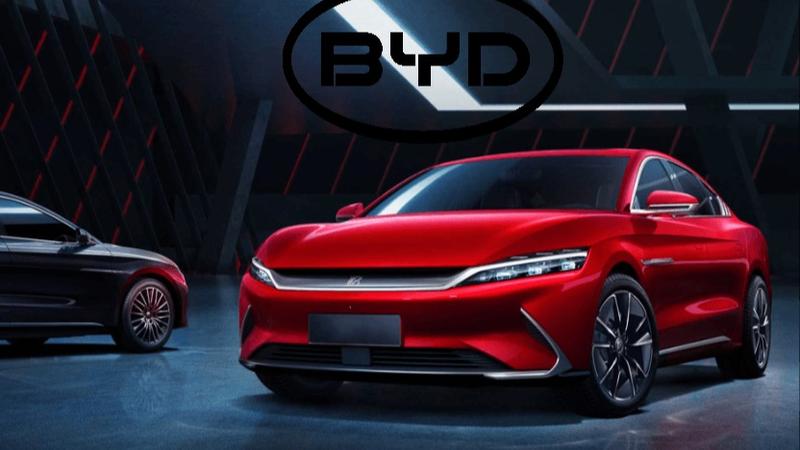Published 16:47 IST, July 9th 2024
BYD’s overseas road trip offers EU new tariffs map
The $94 billion electric-car maker has decided to build a $1 billion Turkish plant.

A different route. BYD's drive into Turkey and Thailand could help Brussels find an alternative way to think about electric-vehicle tariffs. The $94 billion electric-car maker has decided to build a $1 billion Turkish plant, just days after opening a factory in the Land of Smiles. Both countries agreed preferential terms for Chinese carmakers’ imports, in exchange for production closer to home.
Those friendlier policies drive the development of local industry. Ankara announced the investment on Monday, days after saying it would waive an additional 40% tariff on vehicles imported from the People's Republic, provided manufacturers also produce in Turkey. In Thailand, authorities are exempting imported EVs from relevant duties if companies commit to churning out a certain number of vehicles locally.
Since Thailand introduced the scheme in 2022, Great Wall Motor, SAIC and Hozon, which just filed for a Hong Kong listing to fund further expansion, have all begun making EVs there. Guangzhou Automobile and Changan Automobile plan to follow. Companies are investing beyond the factory floor too: BYD just agreed to buy a 20% stake in its dealer, Bangkok-based Rever Automotive.

The lack of any sizeable domestic carmaker means Bangkok's goals are probably more straightforward than the EU's, whose members may want to support Renault, Volkswagen and other incumbents. That also makes it less concerning that BYD hogged nearly half of Thailand's EV sales in the first three months of the year, according to research firm Counterpoint.
The relationship is not without issues: aggressive pricing has rankled stakeholders. Prime Minister Srettha Thavisin told BYD boss Wang Chuanfu he must do more to manage customers’ expectations, after repeated rounds of discounting irked consumers who had bought cars earlier at a steeper price.
However, building supply chains and knowhow can eventually help other companies develop, as Chinese upstarts are well aware. China's own industry gained momentum after Tesla's Shanghai plant – which can produce around 1 million vehicles each year – allowed the country to achieve economies of scale in sourcing batteries and other components that reduced costs for smaller upstarts such as Nio and Xpeng .
The EU, which implemented tariffs of up to 37.6% in addition to the current 10% duties on imported Chinese EVs last week, can still reconsider before confirming the arrangement ahead of a November deadline. The bloc could look to Turkey and Thailand for inspiration.
Updated 16:47 IST, July 9th 2024
